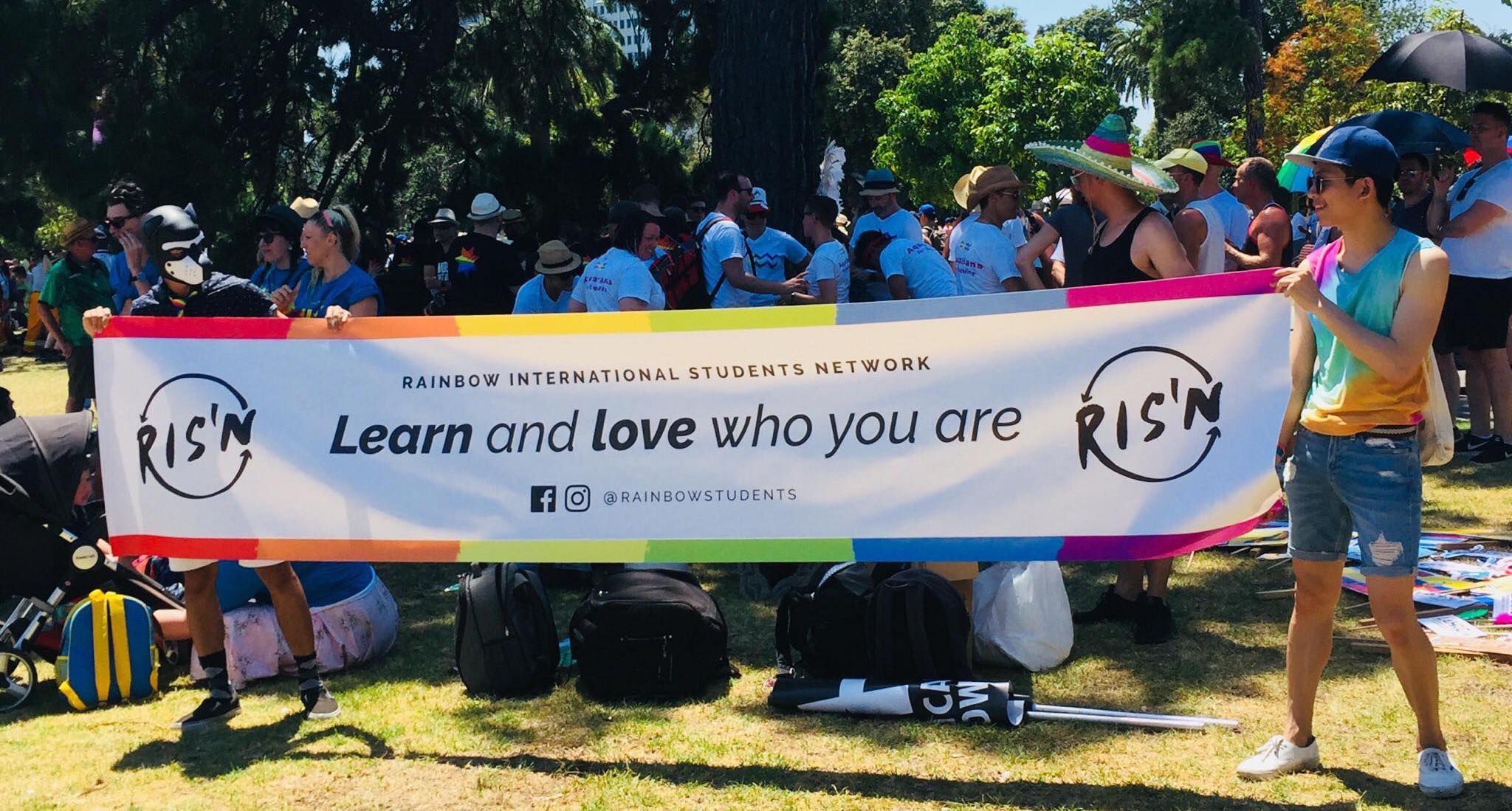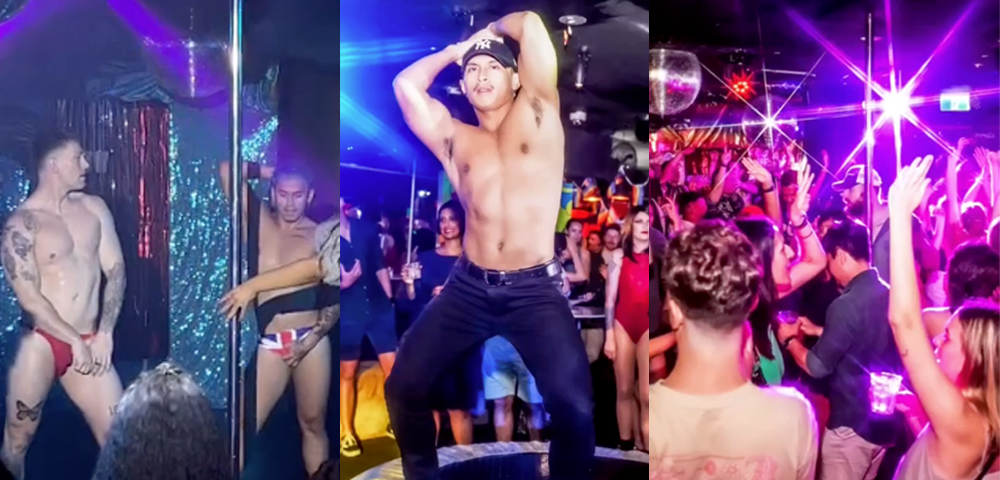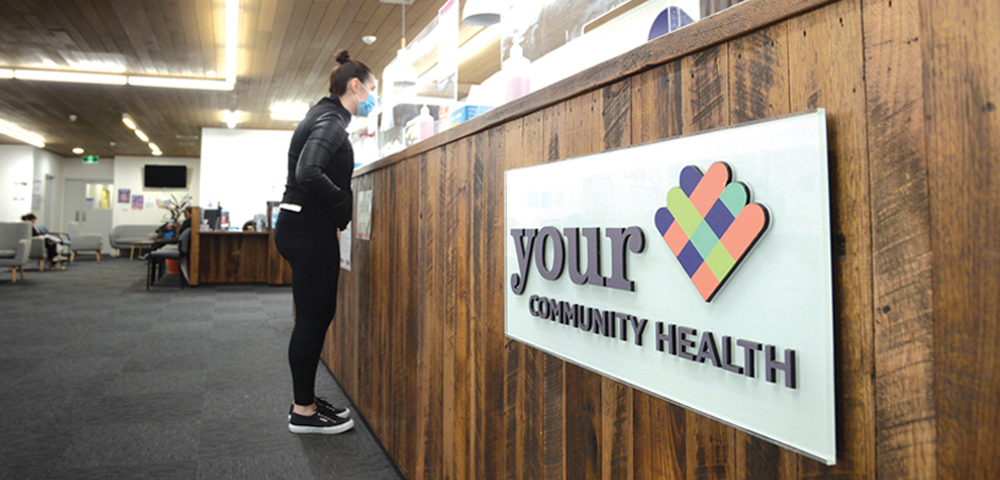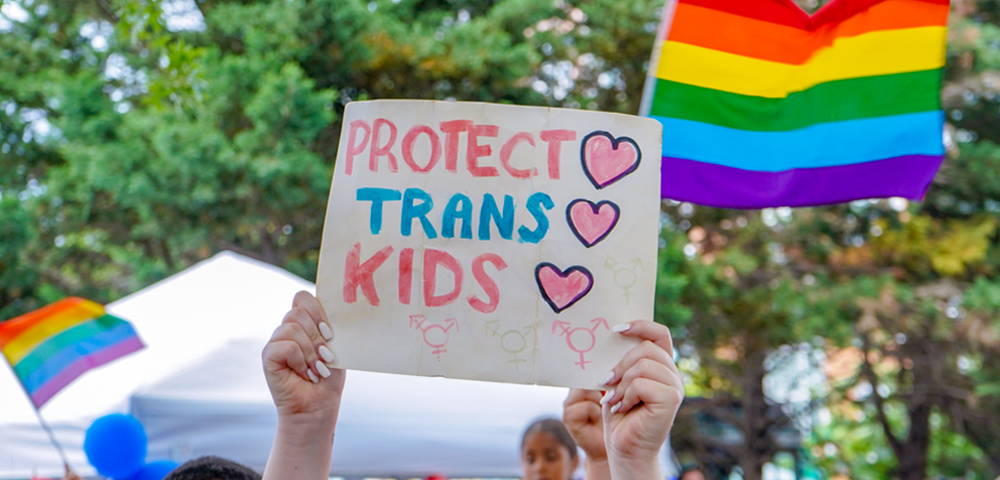
‘We avoid talking about it’: the sexual health barriers faced by queer international students

Queer international students travelling to Australia face unique barriers when it comes to sexual health and HIV. Dean Arcuri reports.
* * *
Thanks to education, testing, and treatment as prevention (TasP), we are seeing a reduction in the number of new HIV diagnoses among men who have sex with men in Australia.
The Annual Report of Trends in Behaviour 2018 by the University of New South Wales found that a record 92 per cent of gay and bisexual men living with HIV are currently achieving an undetectable viral load (UVL), meaning they are unable to transmit the virus to a sexual partner.
And yet, an area of sexual education and awareness that continues to elude us is the health and wellbeing of international students on our shores.
They come here not only to study, but to explore the freedom of expressing themselves and their sexualities away from the conservative, religious, or cultural restrictions of their home countries.
But once here, language and cultural barriers make it difficult for them to access support, or to arm themselves with the necessary tools to explore sex safely.
Zen arrived in Australia four years ago from Indonesia, and says back home queer people have to hide their sexuality.
His luggage wasn’t the only baggage he was forced to bring with him when he moved.
“If I wasn’t gay I probably wouldn’t have come to Australia and would still be in my home town,” he says.
“I arrived carrying a lot of the stigma that comes with STIs and HIV, believing that my health practitioner would be judgemental of me if I spoke about it with them.”
In his first six months here, Zen began having sex with men, but was still too scared to get a check-up or to seek help or advice.
It wasn’t until one of his partners was HIV-positive that his lack of understanding prompted a change.
“I didn’t understand what he meant when he told me that he was undetectable – my English wasn’t good, I just didn’t get it,” he says.
“The more he tried to explain, the more I freaked out.
“I went to websites which gave me plenty of information but they weren’t really helpful. I wasn’t looking up the right words and was searching for symptoms. The more websites I looked at, the more scared I became.”
During his first visit to a sexual health centre, a nurse ended up taking Zen to see a councillor to check on his mental health.
He was given a lot of STI-related information, but struggled to understand it; all he wanted to know was whether he had HIV or not.
Zen’s results were negative, and although the language barrier made it more difficult for him to understand what he needed to, he believes that it is the culture and not language that needs to change.
“Stigma really killed my motivation to look for more information, and the only reason I went to a sexual health centre was because the partner I was having sex with pushed me to go with him… he was really worried about my reaction,” he says.
“International students make connections and friendship groups with other international students, as language barriers make it hard to communicate with Australians.
“The problem is we look for information from people who don’t know the answers themselves. I asked my friends the same questions I was asked by the nurse, and no-one knew anything.”
Wei, who arrived in Australia two years ago, agrees with Zen that English isn’t the problem it’s “the conservative attitudes”.
“We have no sexual education in China,” he says.
“I contracted HIV before arriving here, so there were things I needed to know. But I only focused on HIV and not protecting myself from other STIs.
“When I came to Australia I still had a lot to understand.
“It’s a lack of knowledge that causes the most damage. We arrive in Australia nervous about sex and sexual health because we do not understand it, even though we don’t know anything. We avoid talking about it because we never have.”
Both Zen and Wei agree that the information is out there for international students to access – in a language they can digest – but that just because it’s there, doesn’t mean it’s picked up.
“Just because we are told things in workshops or pamphlets doesn’t mean we want people to know about us,” Wei says.
“Even though it is not a big deal to get an STI check-up, we still carry the stigma from our home countries with us in Australia.”
Zen is part of the Rainbow International Students Network (RIS’N) in Melbourne, a supportive and safe environment for LGBTI international students that encourages understanding and expression, allowing students to ask the questions they need to ask in order to learn more.
“It can be very overwhelming being in a foreign country,” Zen says. “But if you can’t be open-minded about your sexual health and interests, then you can’t grow.
“The freedom we feel when we come to Australia is huge, but that freedom comes with responsibilities.
“We are used to being two-faced… the good child for our parents and then the gay man for others, and we have to find a way to be brave and bring these two sides together.”
Zen adds that one of the biggest barriers is communication.
“Obviously English is not our first language, but understanding takes time and patience, and requires us all to listen,” he says.
“The solution to combating this needs to come from international communities themselves.
“Once we become comfortable talking and communicating, our confidence will rise, and we will be able to begin to push past the stigma that exists in our home countries.”
You can find out more about the Rainbow International Students Network and their workshops here: www.facebook.com/rainbowstudents









